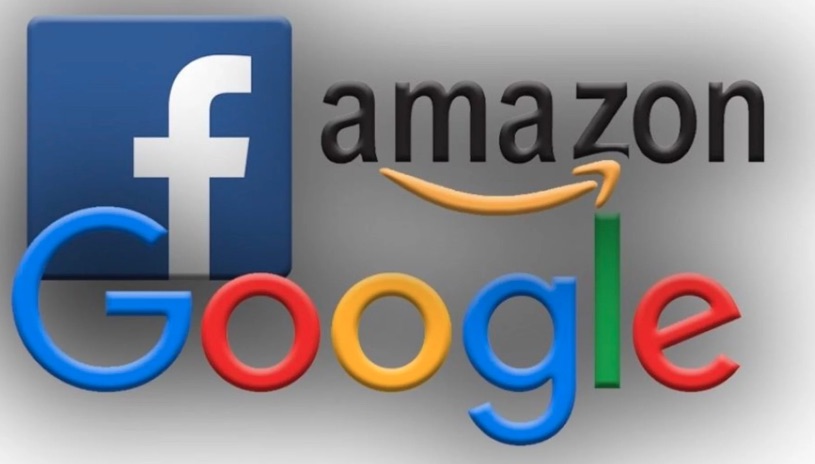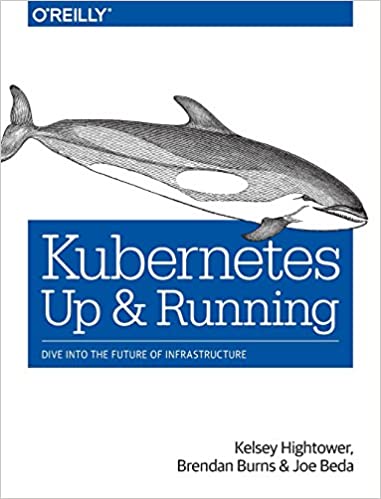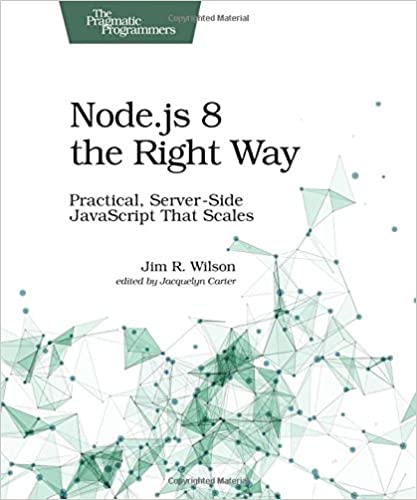; Date: Fri Mar 08 2019
Tags: Politics »»»» Amazon »»»» Facebook »»»» Google »»»»
Today Sen. Elizabeth posted a manifesto saying Facebook, Amazon, Google, etc, are too big, monopolistic, have too much control over commerce and society, and therefore the government needs to step in and break them up. Cue howls of protests from Libertarians, I suppose?

Is Sen. Warren an out of control LIBERAL in this case? Is this proposal to break up big companies like Facebook or Google sound or crazy? Often the response to proposals like this is that LIBERALS (as if Liberalism is a disease) want to punish successful corporations, when we should be applauding these as successes of the capitalistic system.
What I read from Sen. Warren's manifesto is that it is quite possible for a company to develop into a monopoly, and using that monopolistic position to unfairly squash smaller competitors.
Such a process -- and it does happen -- is not fair open capitalistic competition. It is powerful players twisting the game to their own ends. Sen. Warren's manifesto calling for the breakup of big tech giants has some merit, in other words.
We do have to ask whether this goes too far, or whether it is incorrect in any way.
Are "tech giants" like Facebook, Amazon, Google, etc actual monopolies?
The Warren Manifesto uses this word a lot, claiming that these companies are monopolies, and are abusing the monopolistic position to unfairly tilt the marketplace and squash competitors.
You might think this is crazy-talk. Facebook is not the only social media network, Amazon is not the only online shopping website, Google is not the only search engine, Google does not operate the only advertising service, etc. How can they be monopolies?
According to Wikipedia a Monopoly is:
A monopoly exists when a specific person or enterprise is the only supplier of a particular commodity. This contrasts with a monopsony which relates to a single entity's control of a market to purchase a good or service, and with oligopoly which consists of a few sellers dominating a market.
In other words, my gut reaction that none of these companies have sole solitary control over a particular commodity is accurate. Each are facing competition in the same niches. Going by this the more technically accurate word is probably Monopsony. For this word Wikipedia says:
In economics, a monopsony is a market structure in which a single buyer substantially controls the market as the major purchaser of goods and services offered by many would-be sellers.
That description is a better fit for the likes of Facebook/Google/Amazon. Granted almost nobody knows that word - Monopsony. Sen. Warren is probably smart to call these companies Monopolies because if she used Monopsony everyone would scratch their head and go HUH?
Monopoly/Monopsony is semantics - What do we do about the dominance of these companies?
Further on in this post I go over some details that I think demonstrate how these companies in particular are dominating the landscape. It shouldn't take too much convincing because the dominance is right in our faces every day. Most of us turn to Facebook to communicate with friends, or to Google to find information, or Amazon to buy things.
Is this a problem?
Each, because of their dominant position, is skewing the marketplace of ideas, communication, or products. Each can therefore present to us a tailored version of reality.
One apropos phrase is "Confirmation Bias" meaning our tendency to agree with information that confirms ideas already floating in our minds. Because these companies present us things it thinks we want to know, they can feed a Confirmation Bias Syndrome.
For example Google News probably selects news items/sources to show based on what Google thinks is our interests, down to the news sources we're likely to interact with. The most informed folks are the ones reading the widest array of news/information sources. But if Google News shows us news from a limited set of news sources, selected based on perceived preferences, the result could be we are misinformed. Google News would be showing us only things we tend to agree with, feeding confirmation bias and preventing us from broadening our horizon.
For "harm" the Warren Manifesto points to a few clear examples:
- Amazon has all the sales data it needs to learn about hot selling items - and does, under the Amazon Basics brand, launch products that compete with the hot brands. e.g. the mouse I'm using is from Amazon Basics, it is a very fine mouse but perhaps Logitech thinks it as unfair competition.
- Google has sometimes been found to squish search results about competing search engines, and has promoted its own restaurant/etc reviews over Yelp's. A couple months ago I noted that Google's search results screen today strongly downplays organic search results in favor of a combination of paid advertising and its own services: Google Ads manipulates Google search results
Warren Manifesto suggests government regulation or breaking up the companies
To Sen. Warren when the US Dept of Justice sued Microsoft over its monopolistic practices, and won the lawsuit, that gives a great example what to do. Rather than break up Microsoft, the DoJ put Microsoft under strict regulatory control. That may have had a good result in hindsight, since Microsoft is a very different company than the old days.
The choice of the consumer
These companies have power because we give them power every time we choose to use their services.
We as consumers can choose to use other services or products.
If enough of us choose something else, then the existing powerhouses will crumple. Perhaps only to be replaced by some other powerhouse? As they say, the King is Dead, Long Live the King.
The best result is for a healthy open competitive playing field with lots of companies in competition. Hence one person might choose to buy from Rakuten, another from NewEgg, and so on.
The Monopsonic behavior of Facebook, Google, Amazon
Having read that definition I think we can all agree these companies are dominant forces in the areas they operate.
Facebook is hardly the only social media network, but it is abundantly clear that Facebook is dominant in this space. The management of Twitter may beg to differ, but Facebook is extremely huge as a social media network. The Warren Manifesto points to its mergers with WhatsApp and Instagram as an example of squashing competition.
A statement by Mark Zuckerberg in 2018 is used as further proof: "In a lot of ways Facebook is more like a government than a traditional company." That came from a long
Guardian article titled "Facebook’s war on free will". That article describes Facebook as:
In reality, Facebook is a tangle of rules and procedures for sorting information, rules devised by the corporation for the ultimate benefit of the corporation. Facebook is always surveilling users, always auditing them, using them as lab rats in its behavioral experiments. While it creates the impression that it offers choice, in truth Facebook paternalistically nudges users in the direction it deems best for them, which also happens to be the direction that gets them thoroughly addicted.
To an extent this is not unique to Facebook, as every social media network is going to have an algorithm for determining what postings to show to users. Hence, every one of these networks is conducting experiments as to what postings are best to show to whom. YouTube for instance has recently gotten heat over preferencing conspiracy videos because conspiracy videos tend to be played more frequently therefore earning YouTube more advertising revenue.
Every social media network is looking to addict the users. Heck, websites in general are rewarded for a type of addiction. In content marketing circles we are told to increase "dwell time" of our visitors, and to seek ways to get visitors to return to the site. Taken to an extreme, yes one can call that attempting to addict the users.
A few days ago Facebook announced a promise to reform itself: Facebook promises 'A Privacy-Focused Vision for Social Networking'
Pardon us for being skeptical, since Facebook has made this promise many times before.
Last month I noted that Facebook is ignoring false advertising - I reported several fake ads, which Facebook refused to take action on: Facebook ignoring reported advertisement containing outright lies
Google is such a multi-pronged entity that it is hard to pin down. Google's transition from a single corporation to Alphabet as an umbrella over approximately 26 companies is an example. Is Google merely a search engine? Most of Alphabet's revenue comes from advertising, so is it merely an advertising company? Or because YouTube is the largest video sharing website (and second largest search engine) is YouTube a TV network?
Google is clearly the dominant search engine -- just look at web traffic sources on any website and you'll see a huge amount of referrals from Google. The big goal of website owners is increasing organic search results from Google, as an example of Google's dominance.
Google's YouTube is clearly the dominant video sharing service. There are other video sharing sites, but YouTube is the prominent such place.
Google's Ads network is clearly the dominant advertising platform. It is embedded on zillions of third party websites (including this one), and is used in YouTube advertising, Google Search advertising, etc etc. Demonstration of Google's power as an advertising platform is the number of courses on Udemy offering to teach mastery of Google Ads to drive traffic to a website. On the other hand, Facebook also has a very strong advertising platform and there are many Udemy courses teaching mastery of Facebook advertising for the same purpose.
While Google is not alone in the advertising field, it has a hugely strong position. I have looked many times for an alternative to displaying Adsense advertising, and have not found anything worthy.
Amazon is another multi-pronged entity. Most obviously Amazon is a dominant online shopping website. But... go to the Amazon website, then scroll down to the very bottom of the page and look at the footer area. Amazon lists in the footer all their various businesses, including Comixology (comic book distribution), Amazon Restaurants (food delivery from restaurants), CreateSpace (book publisher), and on and on and on.
The Warren Manifesto latches onto one statistic - that nearly half of all e-commerce occurs through Amazon.
Clearly Amazon is at the top of peoples minds when they're looking for things to buy. It seems many people are addicted to Amazon Prime, what with Amazon's promised 1-day delivery feeding the instant gratification complex.
E-Books is an area strongly dominated by Amazon. There are other e-book marketplaces, but none of the market reach of Kindle. The downside of this is that e-book capabilities are held back because of limitations of the Kindle platform versus the huge breadth of technical capabilities that EPUB3 offers.
Read More
Read the Team Warren manifesto here:
https://medium.com/@teamwarren/heres-how-we-can-break-up-big-tech-9ad9e0da324c











